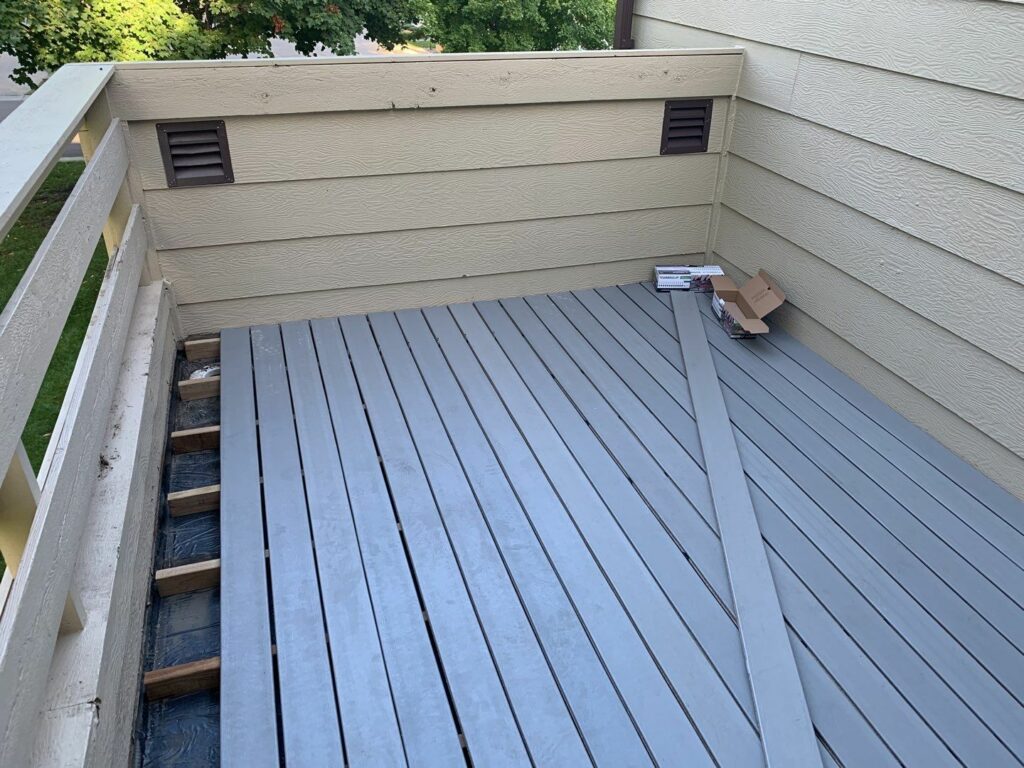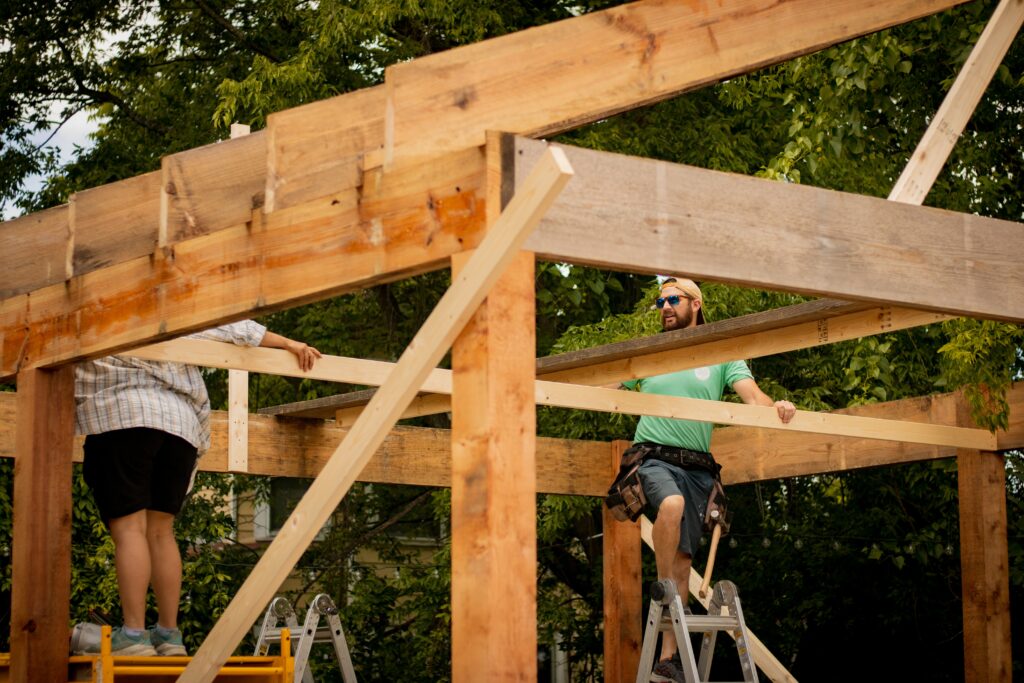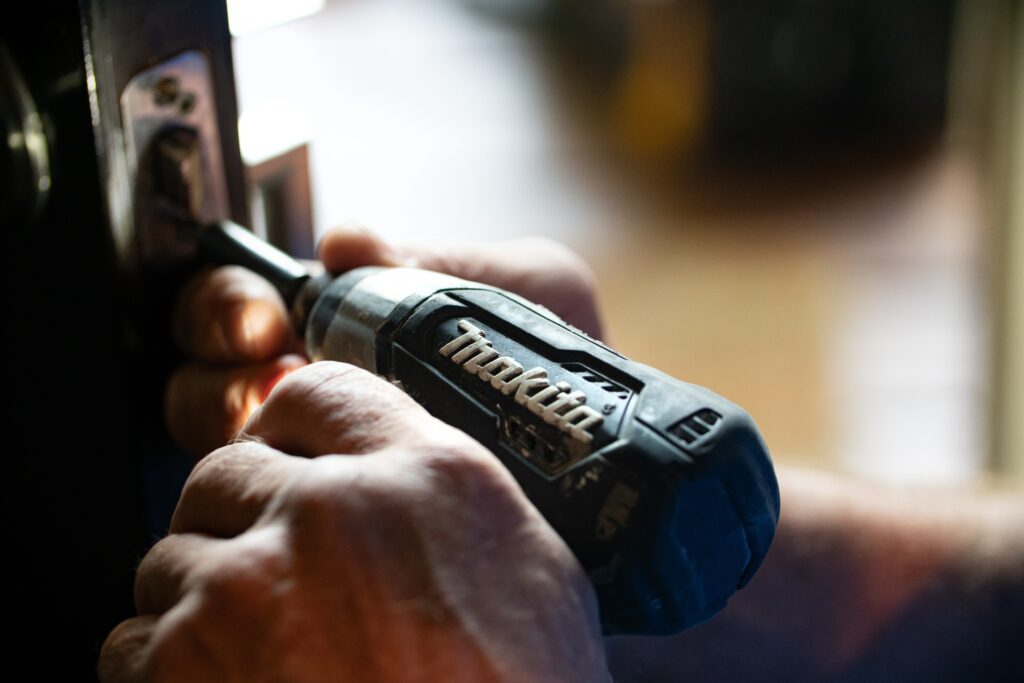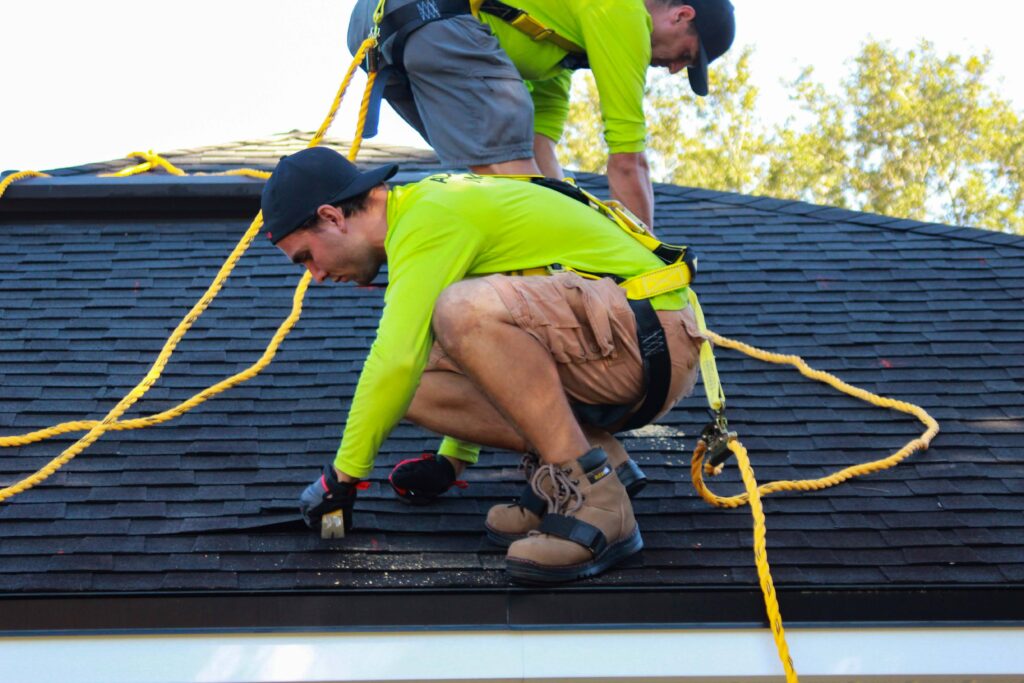Building and Zoning Permit Guide for Home Projects: It’s the Law!
Is this the year you’re considering a significant home remodel? Perhaps you are planning a less ambitious project, like a new deck you’ve dreamed about. Maybe your insurance adjuster authorized a new roof for the hail damage you suffered in last May’s epic storm. Do you know which home projects require permits to comply with Minnesota State Building Code and local zoning requirements? Some people don’t realize that construction code IS the law. Others conveniently forget or claim ignorance to save time and money, rather than pay the fees and comply with the inspection process and law.
It often happens like this: You tell your brother-in-law, Joe, who is a carpenter with a construction company, that it’s time to put on that deck you’ve always wanted. Your family member tells you that he will gladly help. “We can slap her up on a couple of weekends,” he says. You ask if you need to pull a permit. He responds: “Nah, the government just makes money off permits, and it takes forever to get an inspection. They’re so busy right now, they’ll never know you put it up. We’ll build it the right way and won’t cut any corners. I’ve built many of these and know what I am doing.”

Unfortunately, if you follow Joe’s advice, all that money you’ve saved dodging the permit and getting his “free” labor may go down the drain later if and when anyone catches wind of your breaking the law. Your local city can impose onerous fines, your homeowner’s insurance may be voided and your project can even be mandated to be demolished. Plus, you could have issues selling your home later.
Don’t be a scofflaw just to save a few hundred bucks. Pay the fees, do the right thing, and be legal. It IS the right thing to do. As former West Virginia Senator Claude Swanson once said during his term in the early 20th century, “When in doubt do right.” Actually, there shouldn’t be any doubt about state law and construction code IS state law. Building codes are a set of established standards that local governing bodies put in place to ensure public health, safety, and welfare.
These codes are meant to protect the property and its occupants from a wide range of potential hazards. Minnesota Department of Labor code experts and reputable contractors will tell you that construction code is also a minimum standard.

The Environmental and Energy Institute has this to say about building codes: Building codes address many of a society’s most important concerns, including public health and safety, and environmental protection. Because they are developed by a democratic and deliberative process that applies improvements incrementally, the building codes establish a building’s quality, safety, and energy performance for years to come because initial design and construction decisions determine operational and maintenance costs for the life of the building.
Some requirements such as fire safety codes, sanitation, adequate means of egress (exits), and safe wiring are important considerations. Structural/seismic standards affect us in obvious ways, as we recently observed from the Champlain Towers South collapse in Surfside, Florida, on June 24, 2021. In those tragic circumstances, 98 people died. Then there are other requirements such as lighting quality, acoustics, and the air that we breathe that affect our health and productivity.

According to the “Building Safety Journal,” the code enforcement process is normally associated with an application for a permit to construct, repair, or remodel a building. The code official from a local community is responsible for processing the applications and issuing permits for the construction or modification of buildings in accordance with the code.
Construction plans are studied for adherence to the code. Then once construction has begun, the local code official makes inspections to determine compliance. Code officials ensure that official records are kept pertaining to permit applications, permits, fees collected, inspections, notices, and orders issued.
While brother-in-law Joe might know his stuff, and do great work, we at Lindstrom Restoration have seen plenty of do-it-yourself disasters, many of which could have compromised safety. This is why we have construction codes and companies are licensed to do professional work. Do you really want an unlicensed amateur wiring your house? How about a “jack of all trades” installing your gas water heater? The results can be fatal.
The fees cities charge for building permits reduce the cost of code enforcement and are typically less than 3 percent of an overall building project cost. What work needs a permit and what work doesn’t? Here is a general guide for homeowners:
Building permits are required for the following work:
Building a deck or porch
Building a shed greater than 200 square feet
Re-roofing or re-siding
Installing a fireplace, chimney, or wood stove
Installing or altering gas piping
Finishing rooms in a basement
Adding a garage or room
Replacing windows involving a change of window size
Conducting electrical wiring modifications
Installing or altering a plumbing system
Changing or installing heating or air conditioning
Installing or replacing a water softener or water heater
Constructing a swimming pool
Building a retaining wall over four feet in height
Building permits are NOT required for:
Replacing a sink, toilet, or bathtub in the same location reusing the existing valve connections at the wall.
Installing carpet or other floor coverings
Installing wallpaper or paneling on finished surfaces
Redecorating, including painting without structural changes
Building a dog shed or play structure
State Law and City Ordinance require the following inspections:
Footing and foundation
Framing
Rough-ins on heating, plumbing, and electrical
Air test on gas lines
Insulation
Building, heating, plumbing, and electrical finals
Zoning Permits (City or local municipalities)
Be aware that cities and local municipalities have local zoning laws that may require permits on such things as fencing and sheds. Check with your local building inspection departments.

Homeowners who are contemplating projects and are looking for contractors should make sure that they are licensed and bonded to do the work they do. All reputable, licensed contractors are required to pull applicable permits in their work. However, homeowners are ultimately responsible for the contractor’s failure to pull a permit. This is more common than you think, so make sure proper permits have been secured. Contractors may have their license revoked for failing to pull required permits.
What should you do if you discover that the contractor did not pull any permits? Homeowners can retroactively get required permits, but may be subject to fines and even required demolition if the work is not done properly. Explain your situation to your local building inspections department and give them information about the contractor so an investigation can commence. Eventually, the work will be inspected for compliance. You may be required to make some adjustments. Also, consider reporting the contractor to the Minnesota State Department of Labor.

As you can see, an ounce of prevention and follow-up is better than a pound of costly cure. It pays to do your research upfront and make sure the contractor is reputable and doing good work properly. Then as your project progresses, ask to see the required permits to ensure that things are being done correctly.
In most situations, the permits are included in the cost of the project and should be available for review. Good luck with your project.